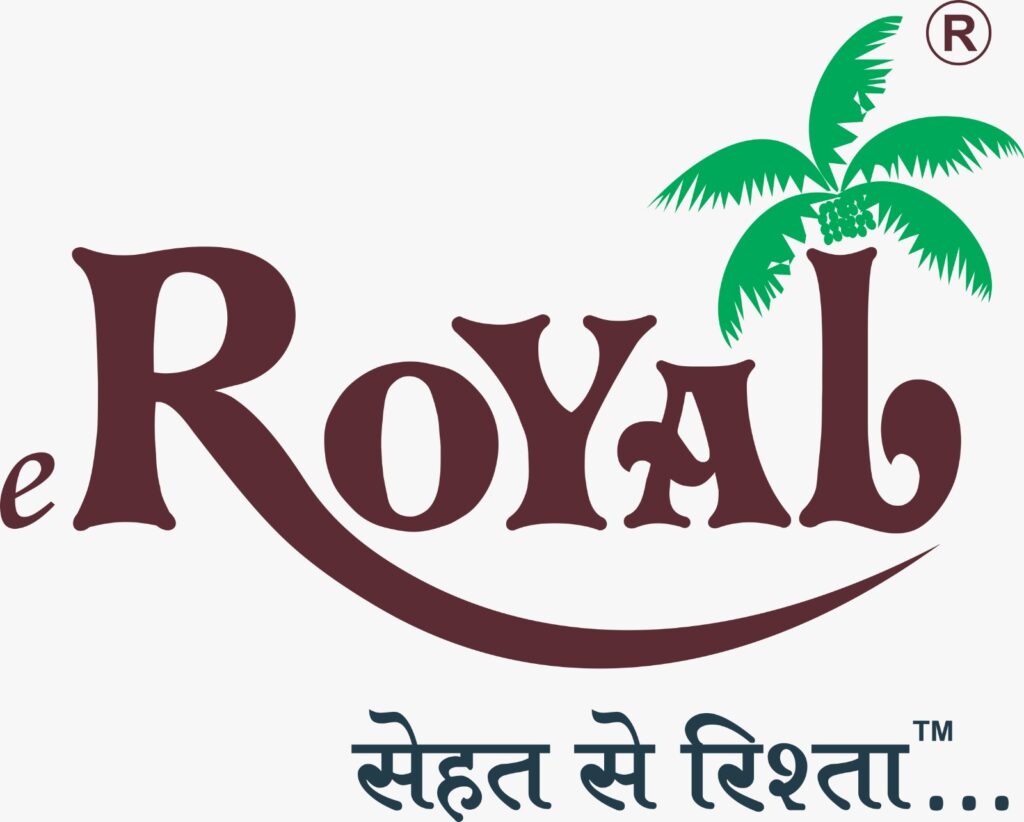
Contract Farming
Contract farming has emerged as a popular practice in the agricultural sector, offering promises of stability and assured returns for farmers. In this arrangement, farmers enter into a contract with a contractor, agreeing to plant the contractor's crop on their land and deliver a predetermined quantity of produce based on the contracted acreage and anticipated yield. While contract farming can bring benefits to both parties involved, it is crucial to examine the potential challenges and implications that arise, particularly when focusing on a specific crop such as maize. The foundation of contract farming lies in the pre-agreed price for the produce, which provides farmers with a sense of security and stability in an otherwise uncertain market. However, it is essential to analyze the terms and conditions set by the contractor, as they may have an impact on the farming practices and the overall sustainability of the agricultural ecosystem. One potential concern in contract farming is the possibility of the contractor supplying farmers with mono-culture crops. Mono-culture refers to the practice of cultivating a single crop over a large area. While this may seem beneficial in terms of efficiency and economies of scale, it can lead to negative consequences such as soil degradation and increased vulnerability to pests and diseases. The over-reliance on a single crop can disrupt the natural balance of the ecosystem and limit the farmers' options for diversification, which is vital for long-term agricultural sustainability. Another issue that can arise in contract farming is excessive fertilizer usage and water consumption. The contract may stipulate certain input requirements, including fertilizers, to maximize crop yields. However, improper and excessive use of fertilizers can lead to soil degradation, nutrient imbalances, and water pollution. Similarly, excessive water usage without proper management practices can deplete water resources and harm the environment. It is crucial for both the contractor and the farmer to adopt sustainable agricultural practices that promote efficient resource utilization and minimize environmental impact. Furthermore, contract farming often promotes a singular focus on the supported crop, such as maize in this case. While specialization in a particular crop can lead to higher productivity and economies of scale, it can discourage farmers from diversifying their crop portfolio. Diversification is important not only for risk management but also for enhancing soil fertility, pest control, and resilience to climate change. Encouraging farmers to explore a range of crops can contribute to sustainable agriculture and reduce the dependence on a single crop. Additionally, subsidized exports to liquidate stock can create a disconnect between the international market and the domestic reality. If the contract is primarily focused on export-oriented production, it may lead to a neglect of local market demands and the specific needs of the domestic consumers. This can create a situation where farmers are growing crops primarily for export, while the local population may face scarcity or higher prices for essential food items. Balancing the demands of both international and domestic markets is crucial to ensure food security and equitable distribution of resources. Addressing the potential challenges of contract farming requires a collaborative effort from all stakeholders involved. Contractors must prioritize sustainable farming practices, encourage crop diversification, and provide farmers with the necessary knowledge and resources to implement responsible agricultural techniques. Farmers, on the other hand, should be proactive in understanding the terms of the contract, seeking support and advice when needed, and adopting sustainable practices to safeguard the long-term health of their land and resources. In conclusion, contract farming, including maize contract farming, presents both opportunities and challenges for the agricultural sector. While it offers farmers stability and assured returns, certain aspects need to be carefully managed to ensure sustainable farming practices. By promoting diversification, responsible use of inputs, and a balanced approach to market demands, contract farming can contribute to a resilient and prosperous agricultural system. It is imperative for all stakeholders to work together in fostering a transparent and mutually beneficial contract farming environment that prioritizes the well-being of farmers, the environment, and the broader society.
